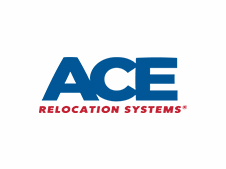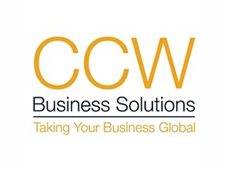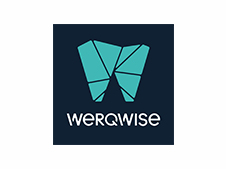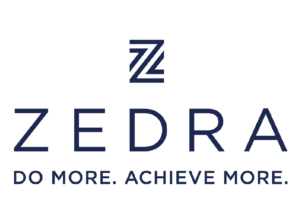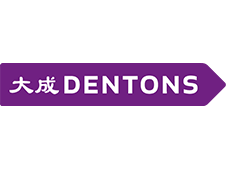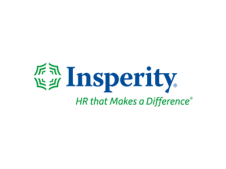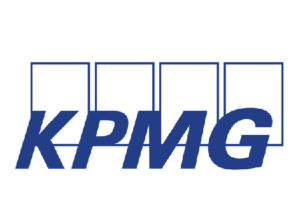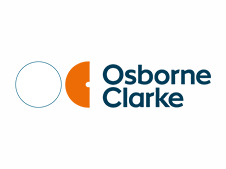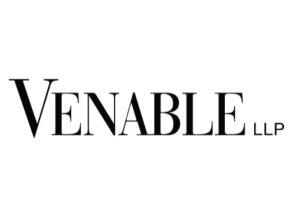1099 or W2?
Firstly, you’ll need to get an understanding of the type of engagement you’ll have with the worker. Are they going to be working directly for you or will they just be completing a short project, such as designing a website?
If they’re going to be working directly for you for an extended period of time, will they be performing work similar to that of your current employees, and if you wish to offer them benefits, they will, according to classification laws, be required to be paid as a W2. This means that they’ll have access to your benefits and you’ll be responsible for all usual employment related matters.
If the worker is completing a project-based task you may be able to simply engage them for the project either as a Corporation or as a 1099. We advise that anytime you engage with a worker not as a W2, you have a robust classification process to protect your company from liability and penalties from misclassification.
If you decide that the worker should be employed as a W2, you’ll need to follow these steps:
State registrations
If you’re engaging a worker in another state, you will most likely trigger Nexus – which requires you to register in that state for taxation purposes.
As payroll is a tax, this will often mean that you’ll be required to file your company in that state, become compliant with their department and manage returns there. In every state that you employ workers, you’ll need to consider setting-up and being fully registered prior to running payroll. With this comes annual costs, filings and audits that you’ll need to be prepared for. This will vary state by state.
General Insurances
Your general liability and professional liability coverage will often cover your on-site workers, so you’ll need to review your policy to make sure that your off-site workers will also be covered. As best practice, we also carry high limits of cyber and crime as you have less control over off-site workers. It’s important that you have adequate insurances for your business model and are aware of possible increased costs.
Workers Compensation insurance
Every worker you engage is required to be covered by workers compensation. Workers compensation (WC) is a state by state coverage, with each one managing it differently. Some states have monopolistic coverage and you can go directly to the state, but most will require you to go through the usual process of obtaining this from an underwriter. It’s a good idea to approach your current carrier to see if they can write you a nationwide policy or add the new state to your policy. You will often see an increased WC cost in this new state because you are an ‘unknown’ employer and therefore will be given a higher modification rating until you develop your own experience rating. These two characteristics work together to make up the rate that you pay for this insurance coverage.
If you’re working outside of an office-based environment, you may have difficulty in finding an underwriter as they normally want higher payroll volume to make up for the risk and adding a new state. Don’t be alarmed, you can always go directly to the state risk pool and from there an underwriter is required to write you a policy – once again this often just means an increased cost base.
Payroll
We’d advise working with a payroll company that can help you manage all the new payroll deductions for the state. You’ll be given a SUTA/SUI rating based on your operating experience in that state. If this is your first engagement in that state, you’ll be considered an unknown employer and therefore generally start off in an average tax bracket. If you maintain a good employment rating with a low number of workers filing for unemployment after their engagement with you, your tax rate should drop in time.
SUTA (State Unemployment Tax) and FUTA (Federal Unemployment Insurance) is a tax that goes to a fund for unemployed workers, at the state and federal levels. The rate is a combination of your experience rating as an employer, the state’s unemployment rating and federal unemployment rate. This tax changes on an annual basis based on these details and how they change.
Payroll schedule
Each state has different requirements for payroll schedules. For example, in some states you can pay workers monthly based on their job descriptions or if they’re receiving commission. Other states have a much tighter turn-around on hours worked to hours being paid.
Benefits
Having great benefits is a hallmark of being a good employer and something a lot of companies aim to offer to their workers. Most compliance on benefits is federally mandated so there is a good chance that the benefits and how you currently manage this would apply to your new workers in a different state. Speak with your team that currently manage this to explore options moving forward. However, certain states have separate requirements on how benefits must be administered and which benefits must be offered. For example, certain employers in New York must offer commuter benefits.
If you’re a small business, you may want to review your benefits as some benefit providers have great coverage in certain cities and not others. For example, some healthcare providers have good in-network coverage focused on the city that you are headquartered – their specialty may not be in having a strong network in your new state of operation.
Compliance
Compliance is a complicated area, so we strongly advise speaking to your legal counsel and HR support team make sure you get it right. These are the main aspects that you’ll see that vary state to state:
- Employment Agreements: Different states have different requirements for wording in employment agreements. At PGC we have multiple Employment Agreements that have been put together according to the states specific requirements and would issue the relevant ones accordingly. This includes aspects such as:
- Paid sick leave: Some states have a statewide policy while others have multiple cities with their own policy.
- FLSA exemption: Are you workers going to fall under the same FLSA exemption as your current ones do? Places like California have a higher salary threshold someone is required to meet in order to fall under this same exemption.
- Overtime: If workers are entitled to overtime it will vary state to state. Some states require payment over eight hours daily and others work it out based on the weekly total.
- Non-competes: Different states see non-competes differently. For instance, in some states they don’t see non-competes as viable and there could be liability if you were to include this.
Onboarding
There are a number of different aspects to onboarding, including setting up a remote worker’s computer, ensuring access to systems and first day training. You’ll need to consider some of the compliance paperwork such as the I-9 as you won’t be able to visually identify their ID yourself. You may want to consider using a remote agent or authorized agent to facilitate this. Remember, this has to be completed by the third day of employment or there is liability on your company.
Engaging a worker in a new state represents a time of opportunity and growth for your company. At PGC, we manage all of the above processes for you through our workforce management platform. It means that you can simply hire the right worker, and we do the rest. We become the employer on your behalf and they’ll come under our insurances, benefits, payroll including our SUTA/SUI – ultimately saving you money and time. We’d be delighted to answer any questions you may have on the above and share some best practices and experiences we’ve gathered from companies in similar situations.
If you’d like to talk through any of these points with one of our team, get in touch at sales@pgcgroup.com.







